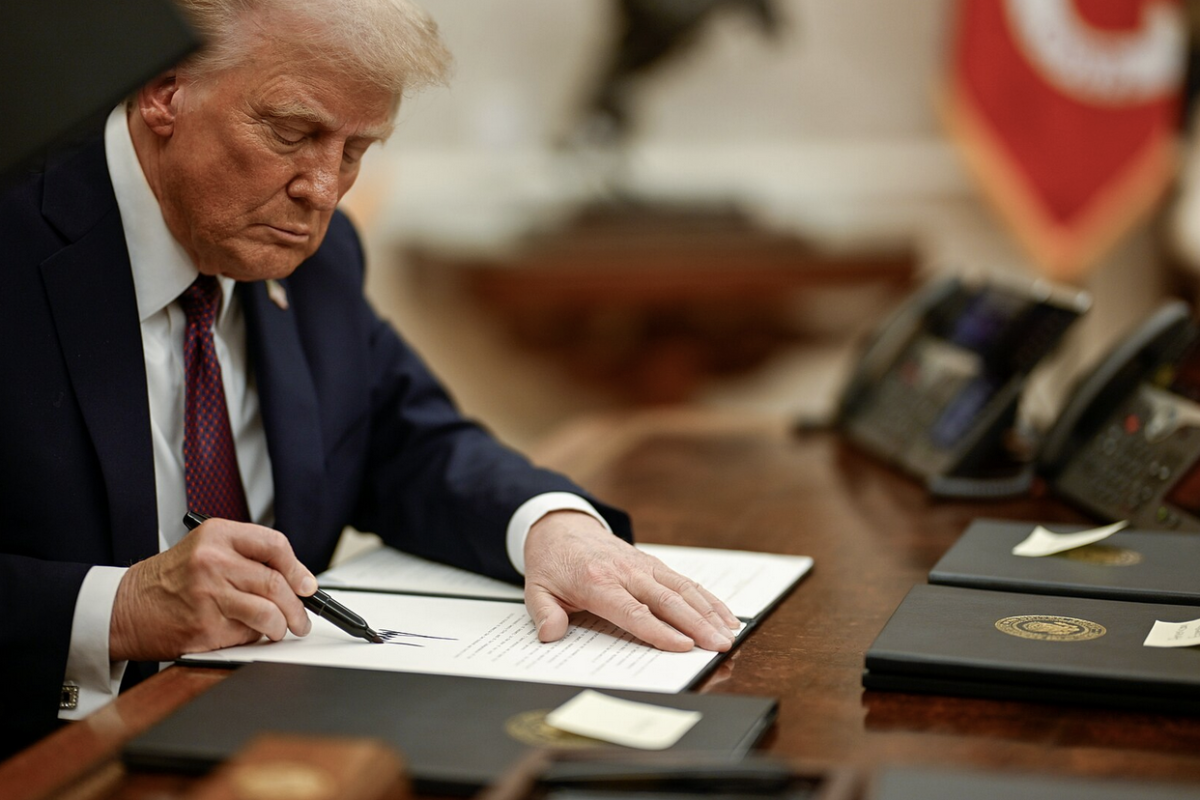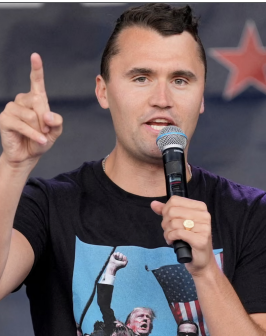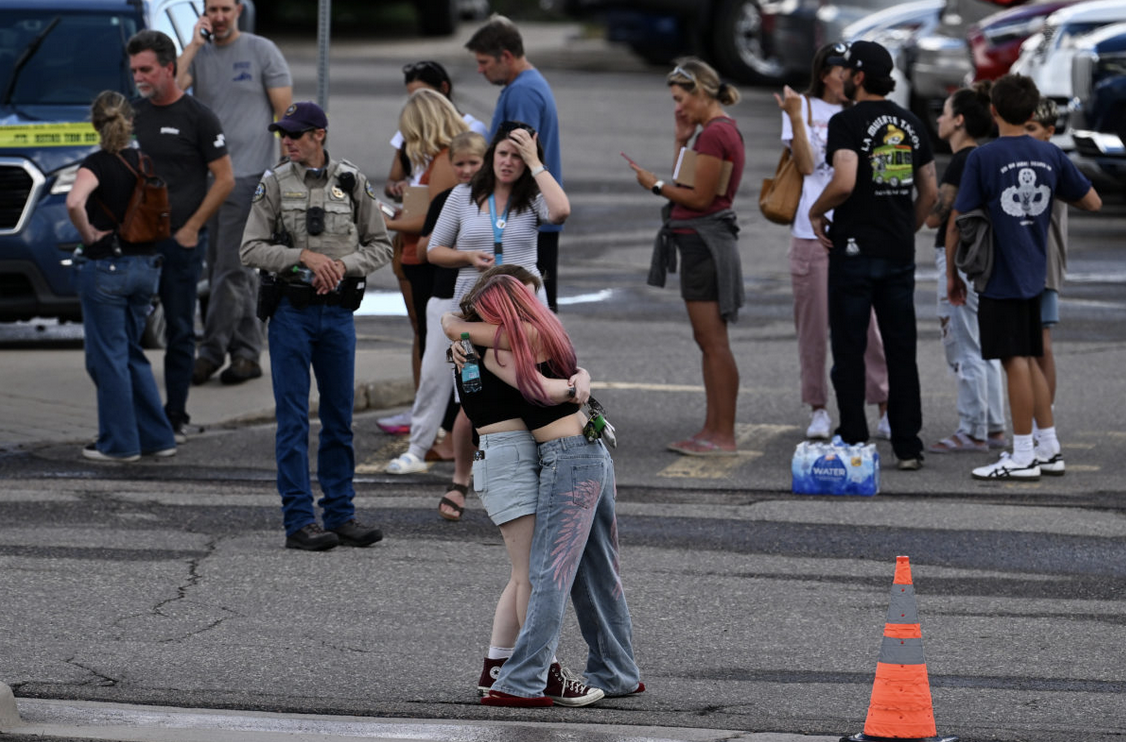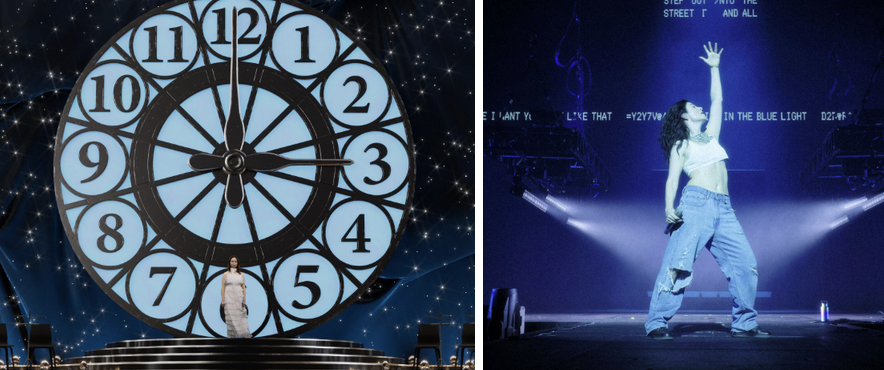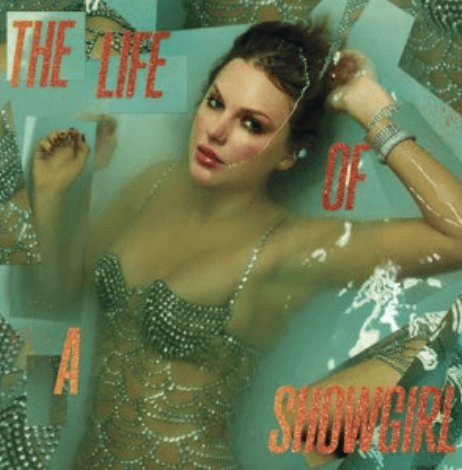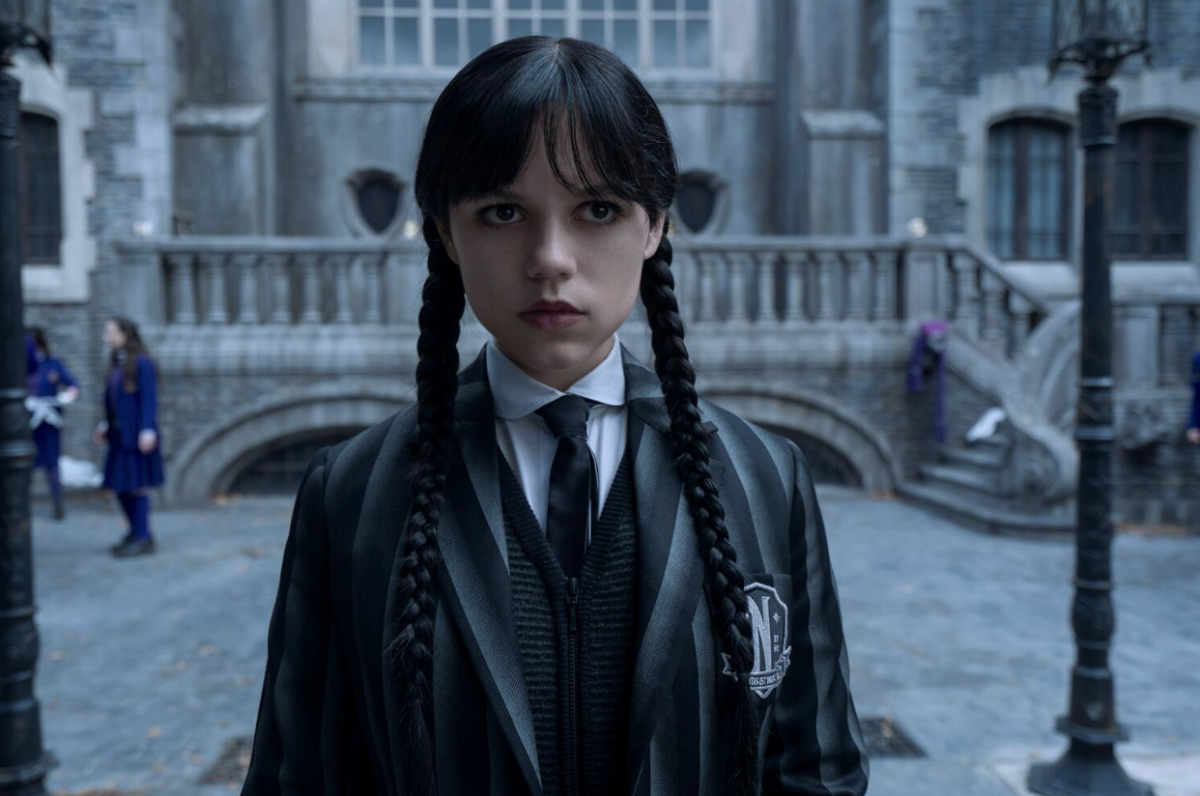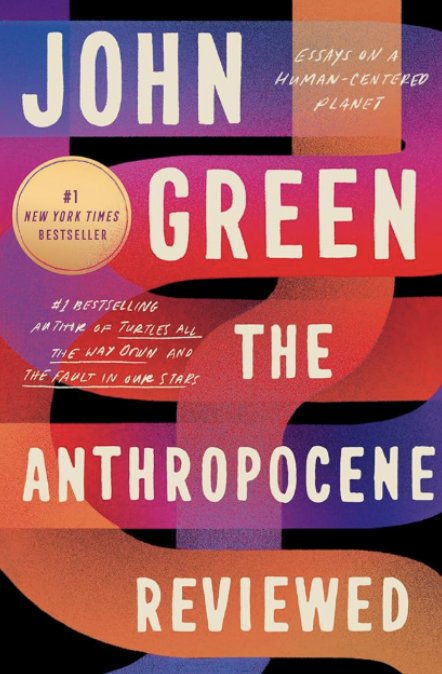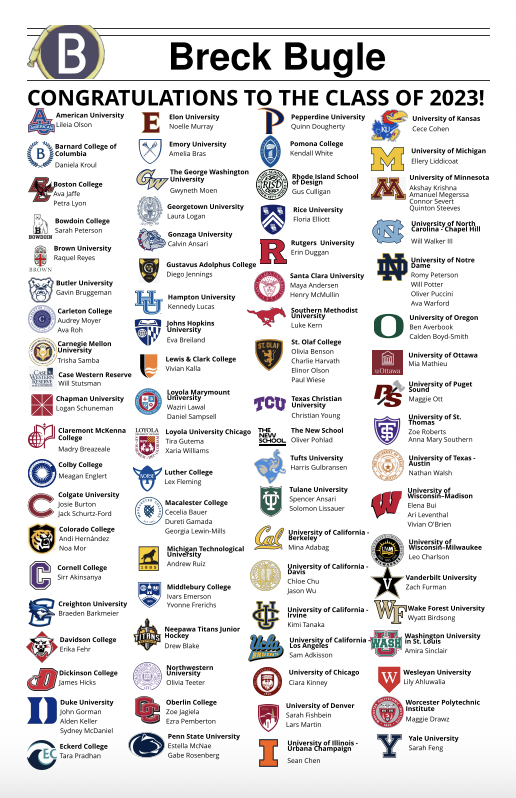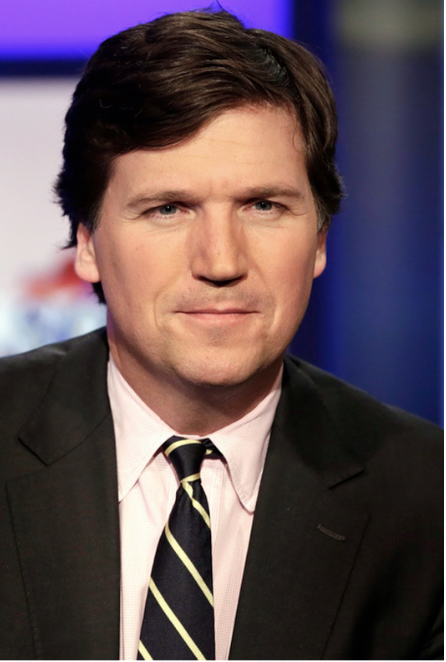It Ends With Us was released on August 9th and has stirred up much discussion about domestic violence. Initially a book written by Colleen Hoover, this story follows Lily Bloom as she navigates through her complicated love life following her experience with domestic violence. The story starts with Lily moving to a new city and starting a relationship with a doctor named Ryle. As the movie progresses, we see their relationship take a turn for the worse as he begins to abuse Lily. At the same time, we learn more about Lily’s past lover, Atlas, through flashbacks.
Blake Lively plays Lily in this movie, and she has received a lot of backlash for handling publicity for the movie. Given the severe topics portrayed, some fans felt her approach was too lighthearted. I personally believe that Lively approached the situation with a lack of sensitivity, which is harmful, but this does not detract from the movie’s central message.
The movie doesn’t shy away from portraying the truth of domestic abuse. It shows why people sometimes stay in harmful relationships, which elicits a sense of empathy from the audience that is extremely helpful in understanding this topic. This topic is important to discuss and learn about, and I think this movie addresses it in a powerful way, potentially opening up conversations about abuse and its impact.
However, the movie does fall short in some ways. The pacing felt off at times, with some parts feeling rushed while others seemed to drag on. There is a sense of oversimplifying the immensely complicated topic of domestic abuse, making some aspects seem too black and white. Furthermore, much of the audience that read the book was disappointed that the movie did not live up to the book, claiming it lacked details that added to the depth of the storyline shown in the book.
Despite its flaws, the film’s strengths lie in its emotional impact and portrayal of the cycle of abuse. Overall, while It Ends With Us delivers an important message about the complexities of abusive relationships, it falls short in some areas, and the controversy over Blake Lively’s casting distracts from the film’s core message.




